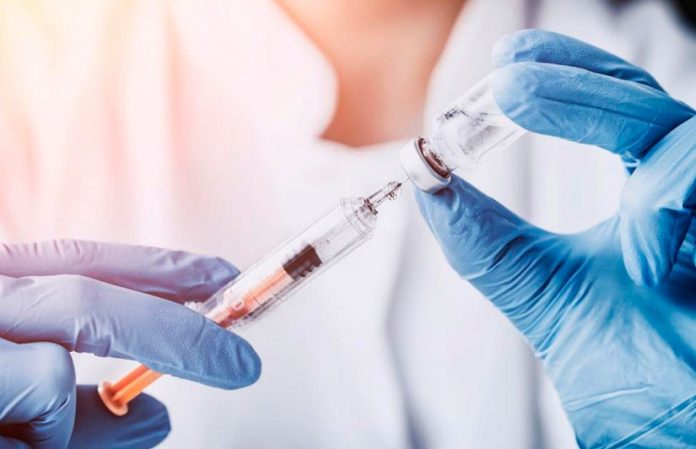Alberta’s government is investing $20 million to accelerate world-class science to help combat COVID-19 and related diseases.
The Li Ka Shing Applied Virology Institute (AVI) at the University of Alberta will receive $20 million in funding over four years. Provincial officials say the funding will accelerate leading-edge research and commercialization of pharmaceutical and vaccine treatments and build on Alberta’s successes, such as the recent announcement of a Nobel Prize in Physiology or Medicine for Dr. Michael Houghton, a researcher at the Li Ka Shing Institute.
“Alberta has always lead the way on innovation and new ideas. The pandemic has shown us that we need to build on our home-grown strengths,” said Premier Jason Kenney. “The work of world-class researchers like Michael Houghton at our state-of-the-art universities means we have an incredible advantage. This investment shows that Alberta is making a real contribution to the global fight against COVID-19 and other viral diseases.”
“This $20 million investment builds on an incredible history of provincial support for the Li Ka Shing Institute of Virology. Because of that, Alberta is poised to play a leading role in the development of a thriving biotech sector in Canada that can develop and commercialize vaccines and other therapeutics, saving millions of lives here and around the world,” said Bill Flanagan, president and vice-chancellor, University of Alberta.
The Applied Virology Institute is a commercialization centre within the Li Ka Shing Institute of Virology at the University of Alberta and supports the development of new vaccines, therapeutics and diagnostics. Some therapies currently under development at the institute include a hepatitis C vaccine, human cytomegalovirus antivirals, and therapeutics for Alzheimer’s disease. Recently, the AVI secured more than $5.8 million from the Canadian Institutes of Health Research to develop anti-viral drugs, vaccines and diagnostics in response to the COVID-19 pandemic.
Houghton, director of the AVI, is the recent joint-recipient of the 2020 Nobel Prize in Physiology or Medicine in recognition of his work discovering the hepatitis C virus and developing key diagnostics for hepatitis C. This is Canada’s second Nobel Prize in Physiology or Medicine. The first prize was awarded in 1923 for the discovery of insulin.
The Li Ka Shing Applied Virology Institute was established at the University of Alberta in 2010. The institute is developing anti-viral drugs and vaccines in response to the COVID-19 pandemic. The new provincial funding will continue the institute’s mandate of commercializing research in life sciences and biotechnology in fields ranging from synthetic chemistry to virology and immunology.
































